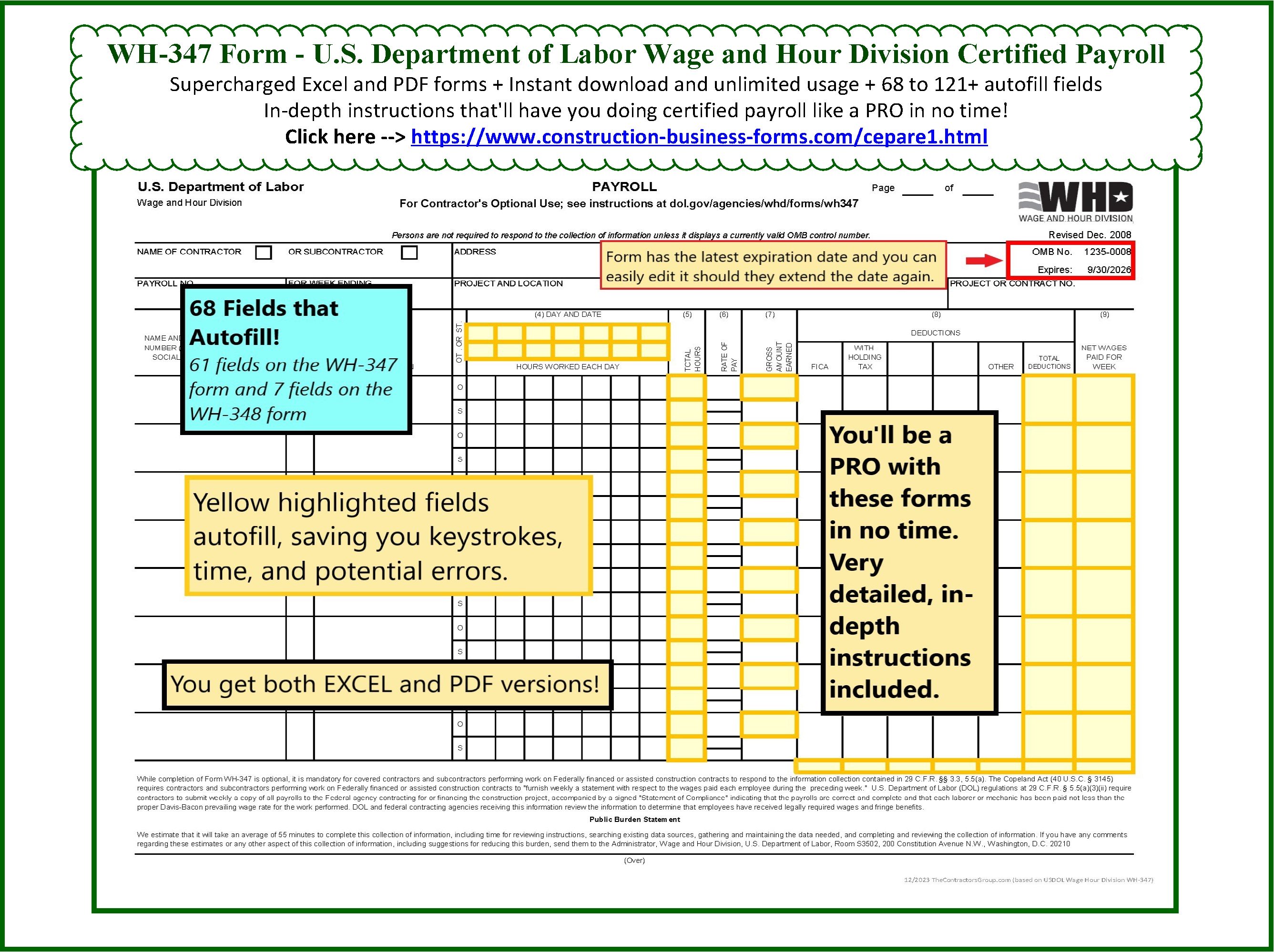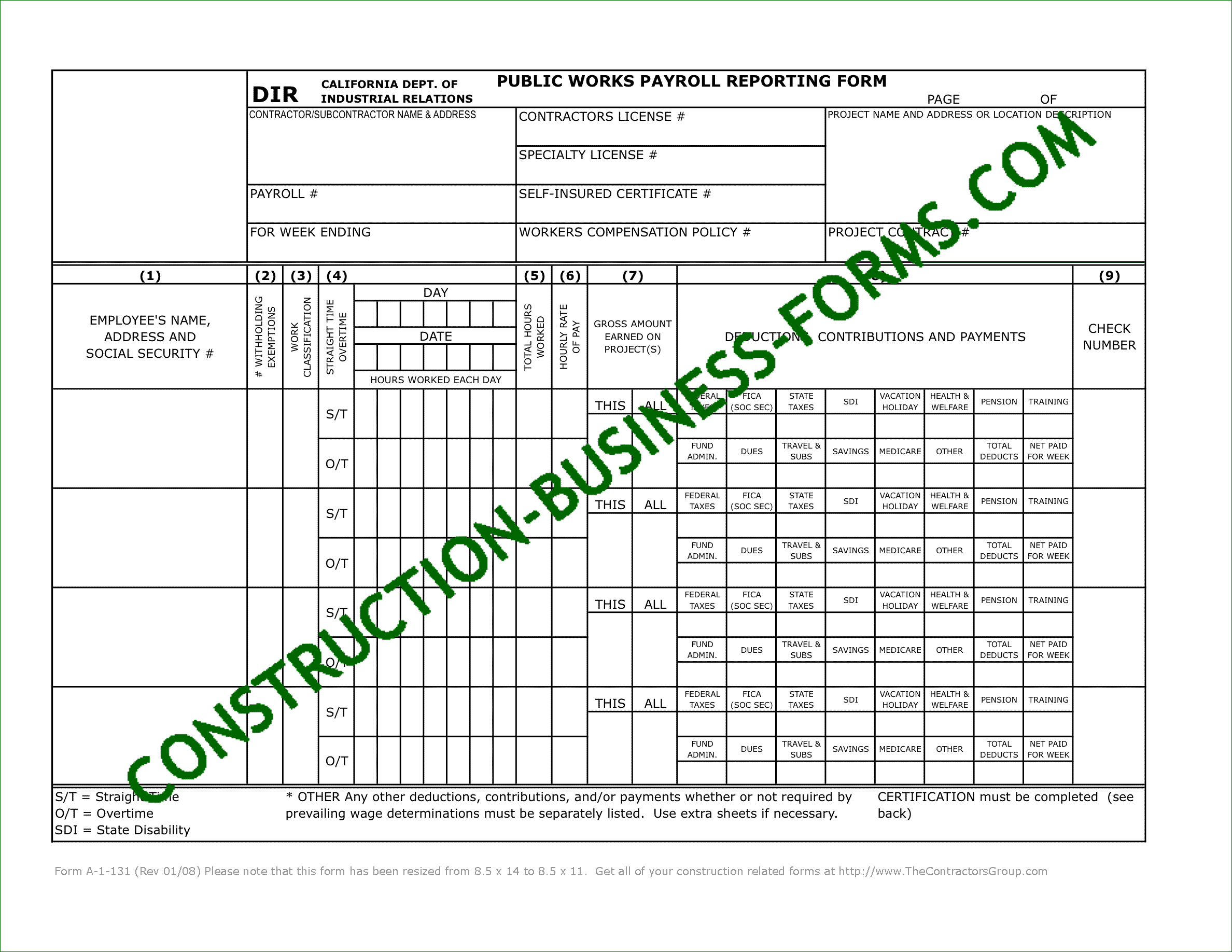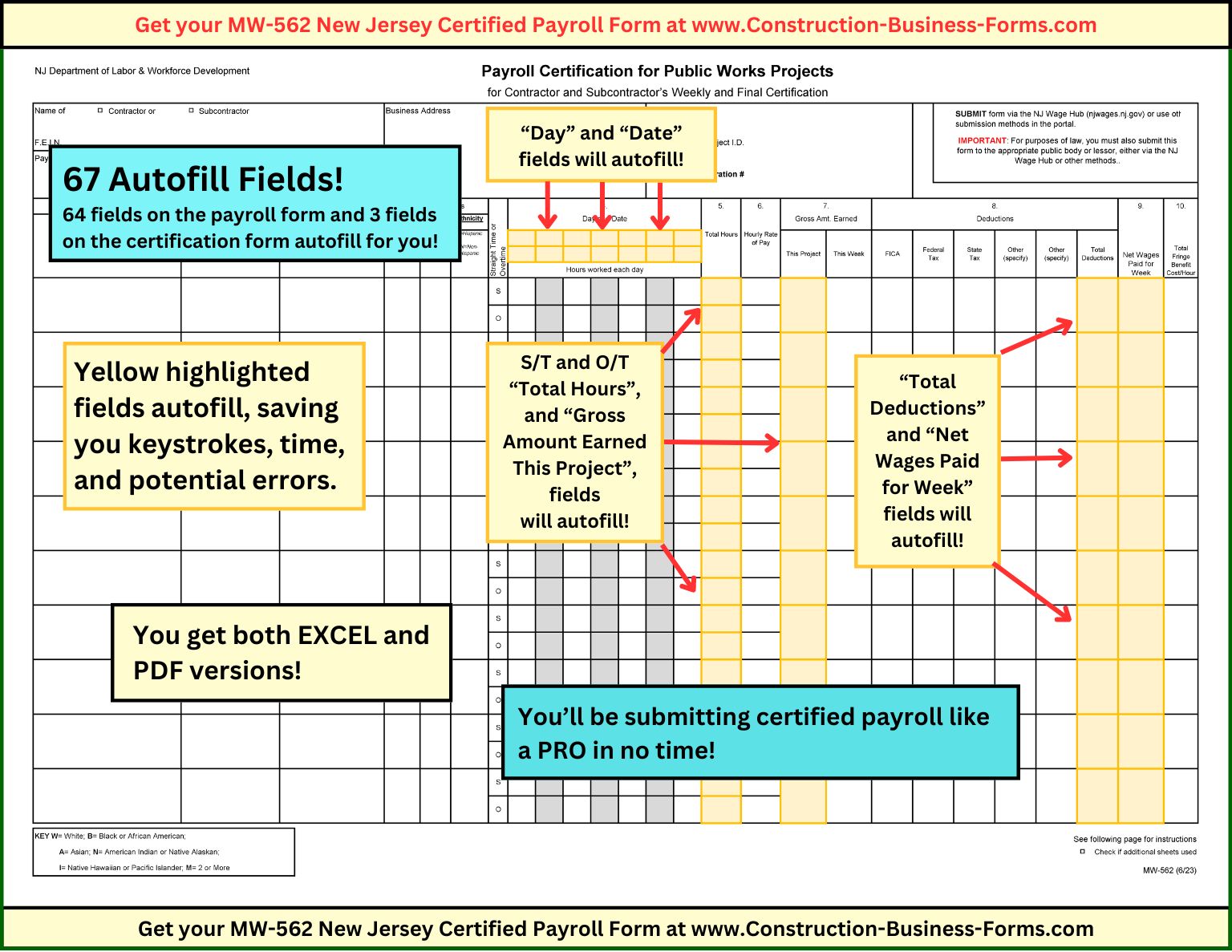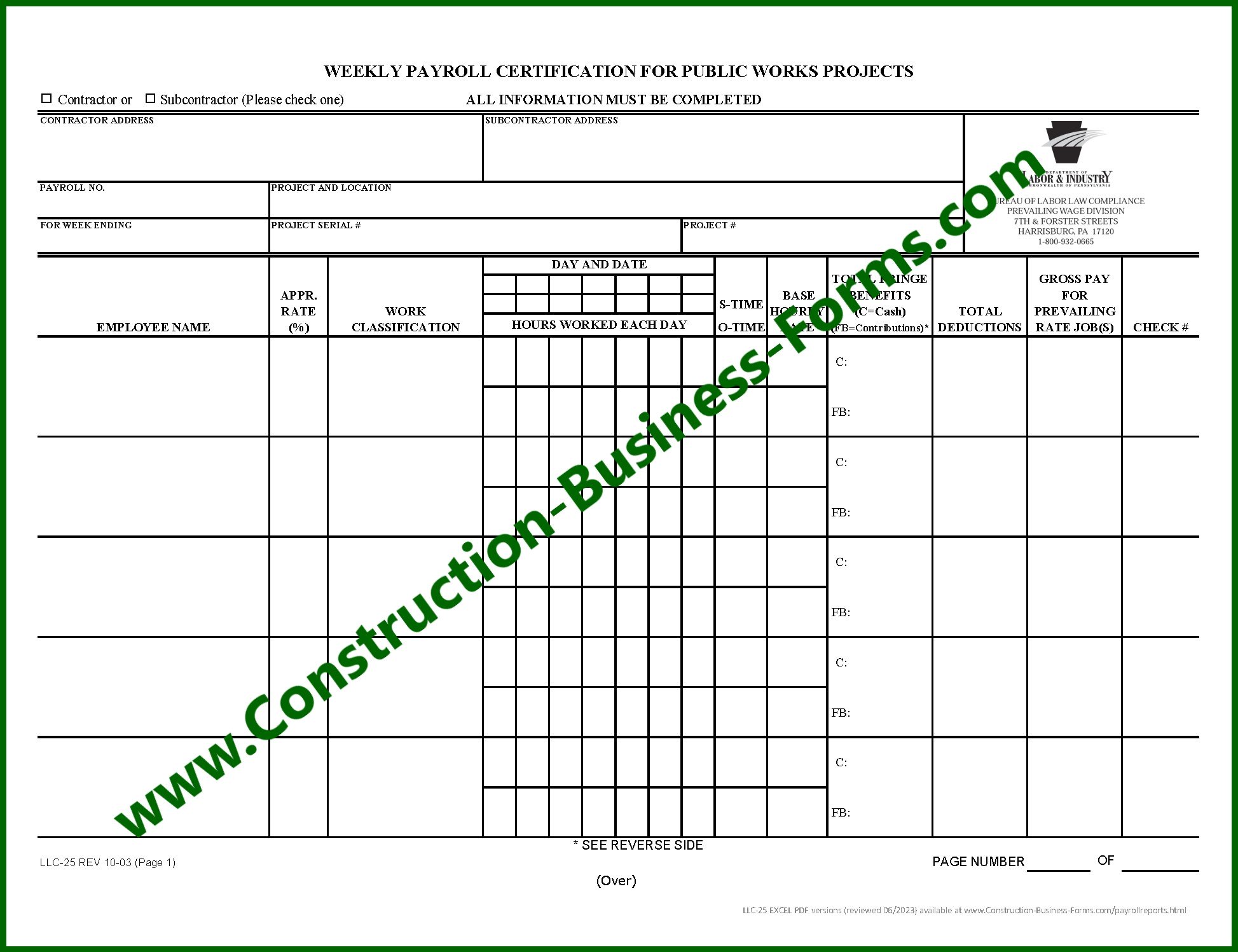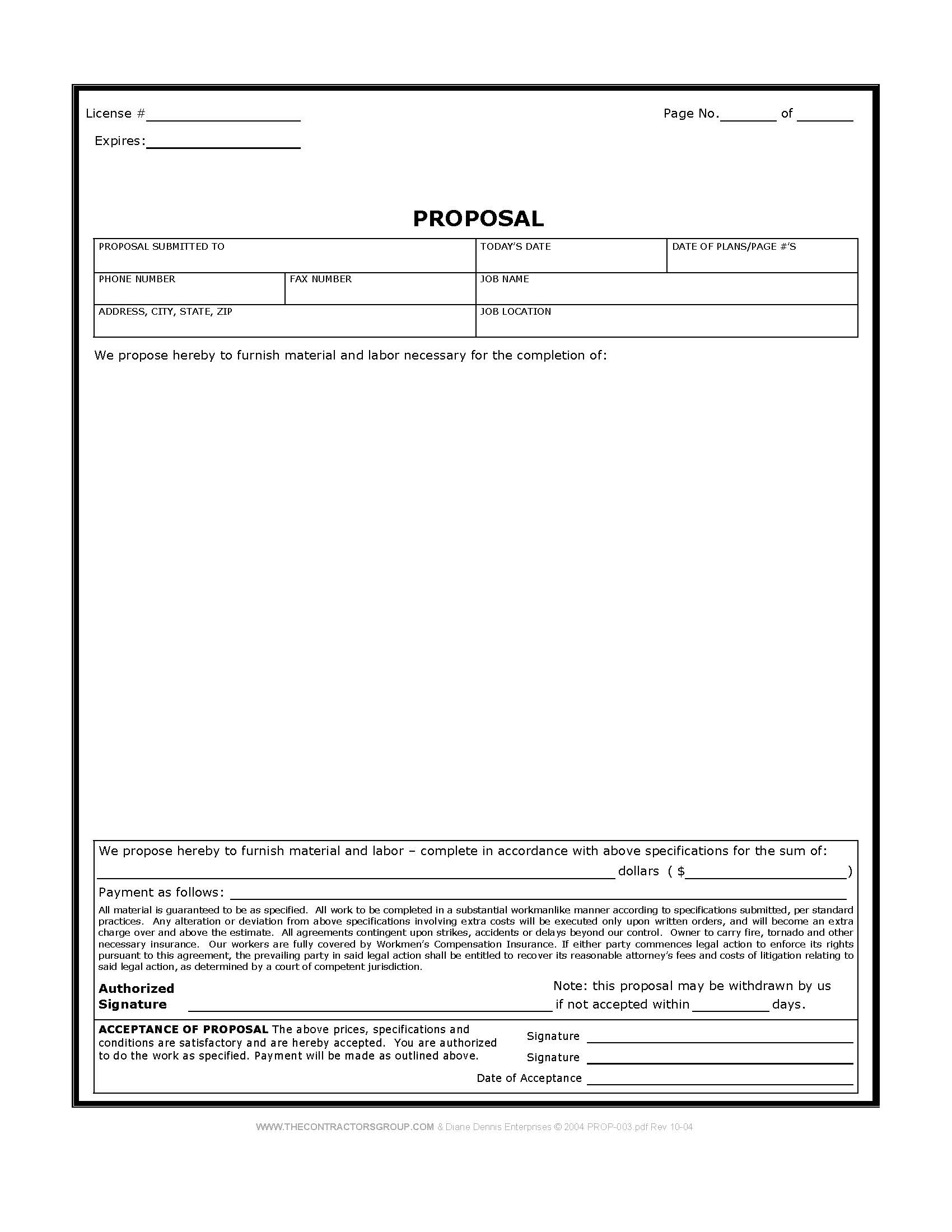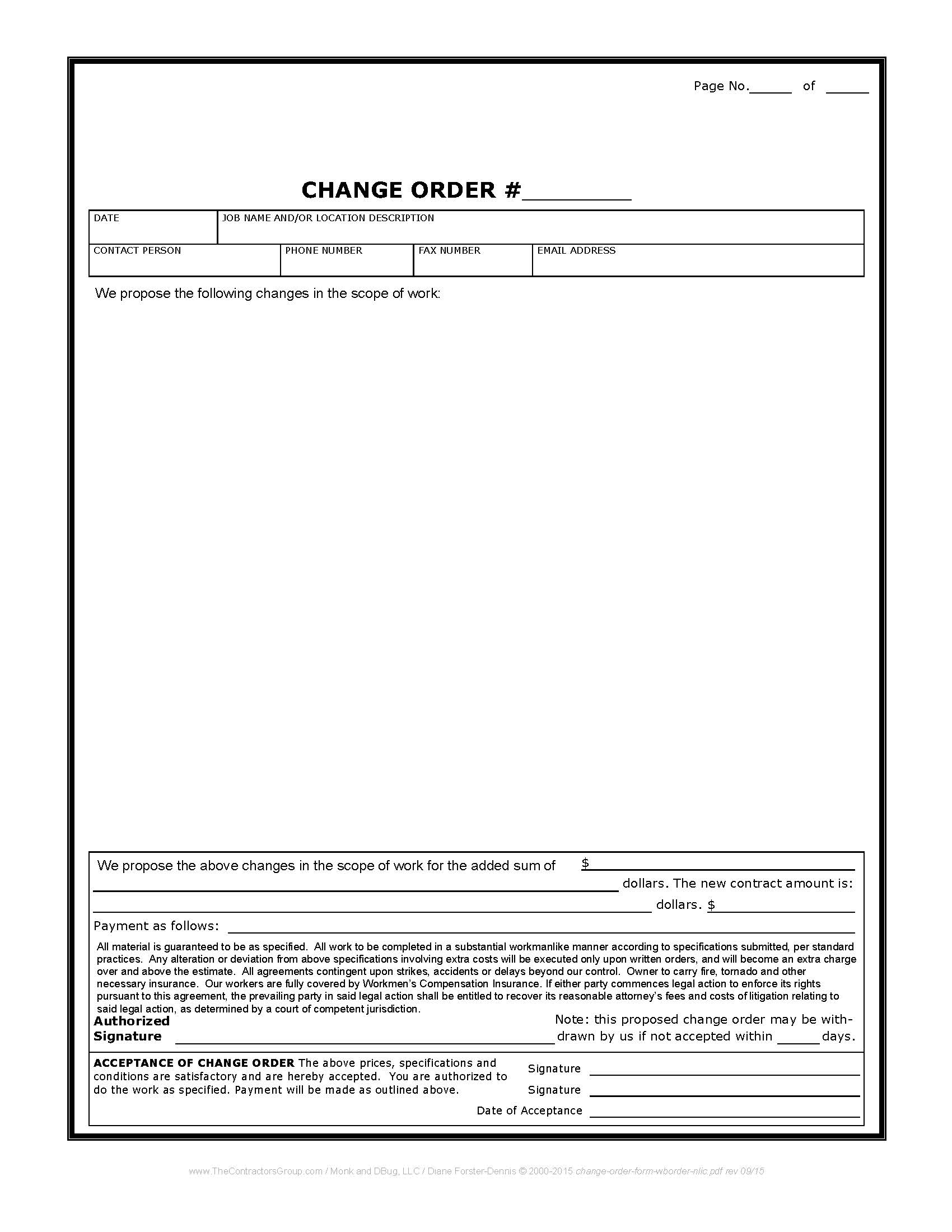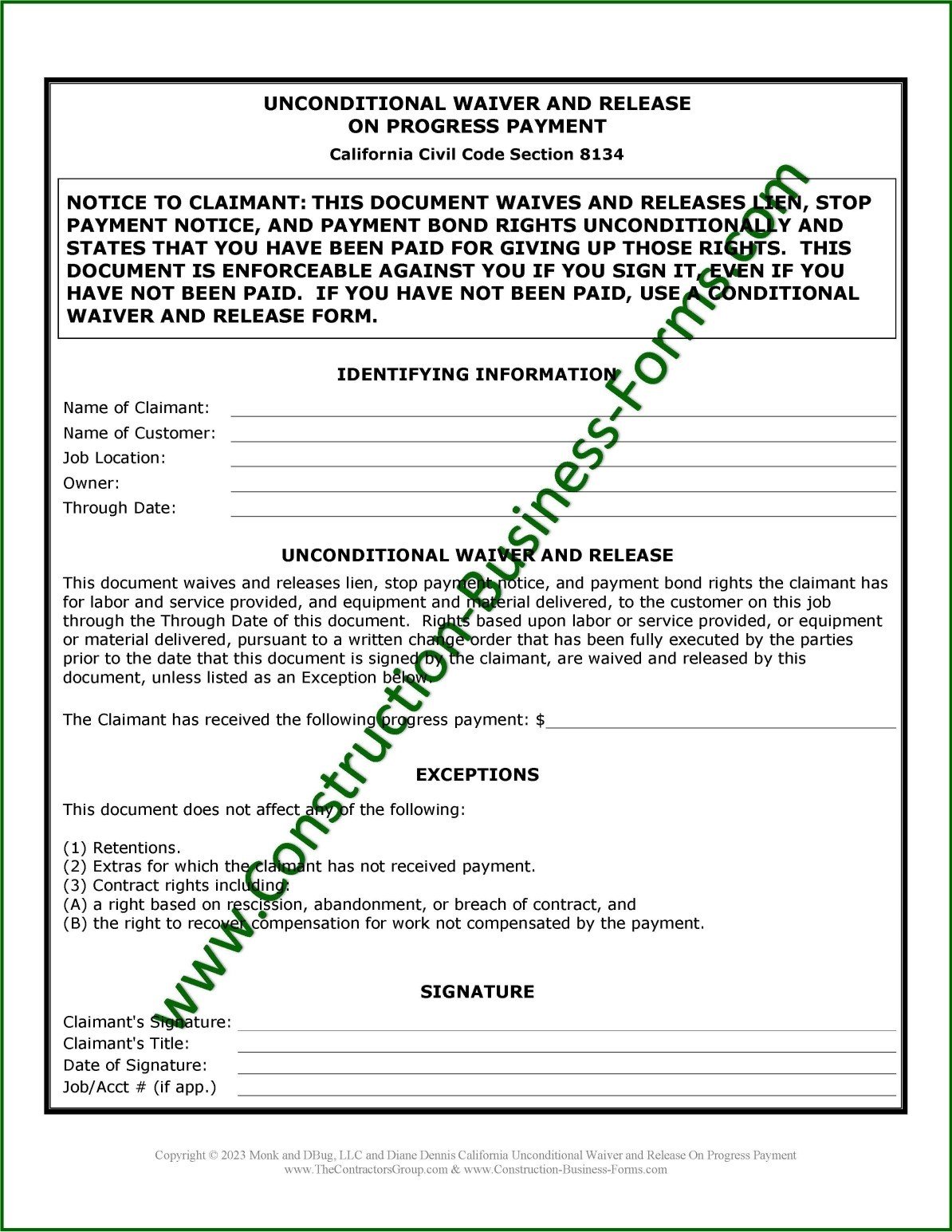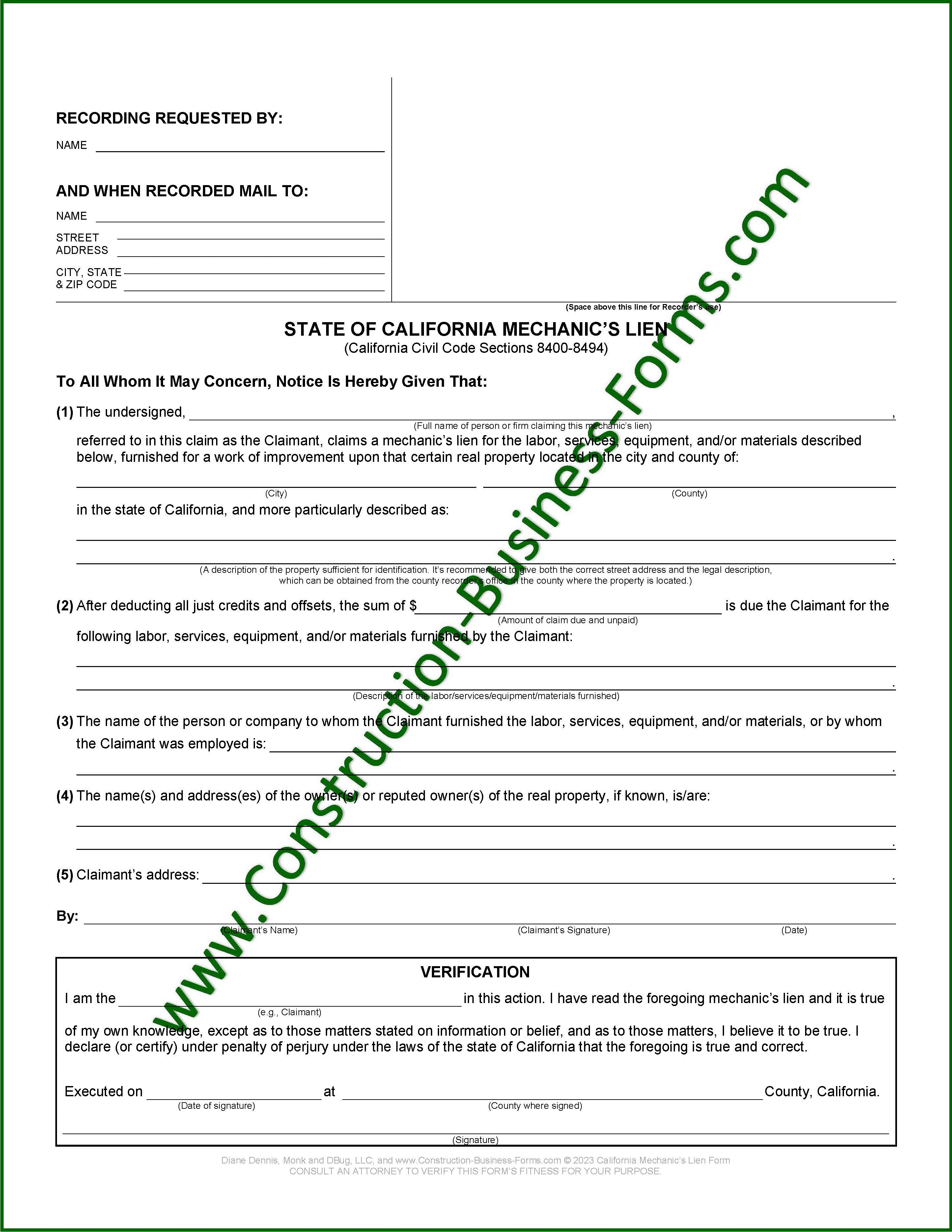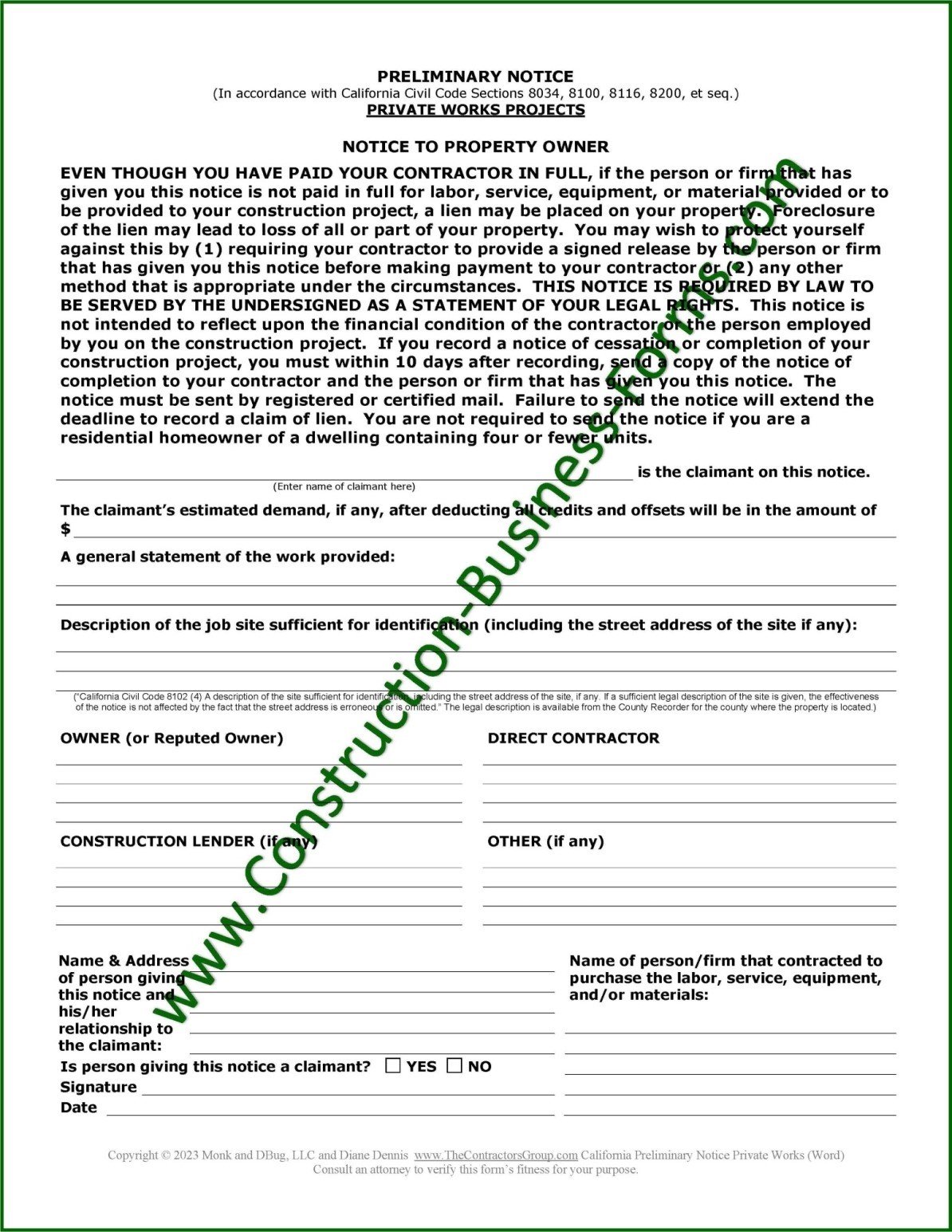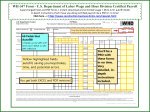- HOME
- CONTACT US
- SEARCH
- RECENT UPDATES
- ARTICLES & TUTORIALS
- ALL ARTICLES
- CERTIFICATE AKA NOTICE OF COMPLETION
- CERTIFIED PAYROLL/PREVAILING WAGE
- CONSTRUCTION CONTRACTS
- GET PAID! (NOW!)
- HOW TO BID JOBS
- LIEN WAIVERS/RELEASES
- MECHANIC'S LIEN LAW
- PRELIMINARY LIEN LAW
- PROJECT MANAGEMENT
- LICENSE HOLDER DIES
- SUNSET CLAUSES
- OCIP
- CONSTRUCTION MOBILIZATION PAYMENTS
- GET ORGANIZED
- GLOBALLY HARMONIZED SYSTEM - GHS
- CHANGE ORDERS DENIED
- MORE ARTICLES
- PAST NEWSLETTER ISSUES
- FORMS & DOCUMENTS
- EMPLOYEES
- FREE CONSTRUCTION MAGAZINES
- WEBSITE INFO
The page has been deleted
I'm so sorry but if you're here that means that the page you were looking for has been deleted and won't be back.
Please click here to go to InformedContractors.com's Home Page or see the Navigation Bar at the top of this page, or please feel free to contact me for further help. :)
Unlimited Usage, Downloadable Construction Forms
The WH-347 Federal Certified Payroll Form expires this month!
The form has changed a bit as well. Get your new WH-347 Certified Payroll forms here!
Click to preview the
NEW WH-347 Form with 68 to 144 Auto-calculating and Autofill fields!
Make ANY Form Fillable!
Now, you can fill in any form on your computer - even if it's not fillable, EVEN IF IT'S just a hard copy!
Scan your hard-copy document and then upload it to PDFFiller to make it fillable.
You can also do this with documents you already have on your device(s) but that aren't yet fillable; upload them to PDFFiller to make them fillable.
You'll be able to use your newly fillable forms over and over again, as often as you wish.
Recent Articles
-
Create Accurate Estimates as a Contractor
Feb 05, 24 03:45 PM
Boost your contractor business by mastering accurate estimates. Explore software, contracts, and strategic tips for precise project pricing. -
Construction Forms, Documents, and Articles
Jan 29, 24 03:13 PM
Construction forms and articles to help with every aspect of your construction business -
WH-347 Forms - How to fill them in
Jan 29, 24 03:02 PM
WH-347 Forms - Learn exactly how to fill in these new forms with a new expiration date of 9/30/26
Partner Websites
Lots of articles & info at the 1st construction website, started in 1999
---
You can Download Construction Forms at the 2nd website
---
You're here at the 3rd website
Free Newsletter, Free Bonus Downloads, Free Updates To Your Purchased Forms!
All articles are the opinions of the respective authors and do not necessarily represent the opinions of other persons involved with this website. Nothing on my websites is to be considered legal advice. Everything is written from "in the trenches" experience.
Please contact an attorney for specific legal and/or other advice.
Your use of my websites is your acknowledgment and agreement to this policy.
THESE ARE THE FORMS CURRENTLY AVAILABLE FOR PURCHASE
By Diane Forster-Dennis, Copyright © 2000-2024 - All Rights Reserved
Psst: Look Who's Shacking Up Together - Click Here!
